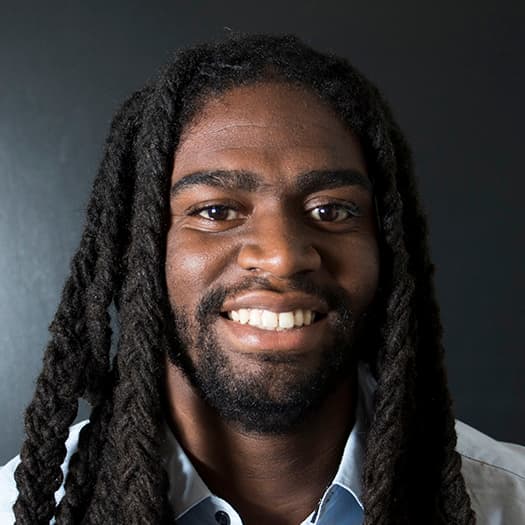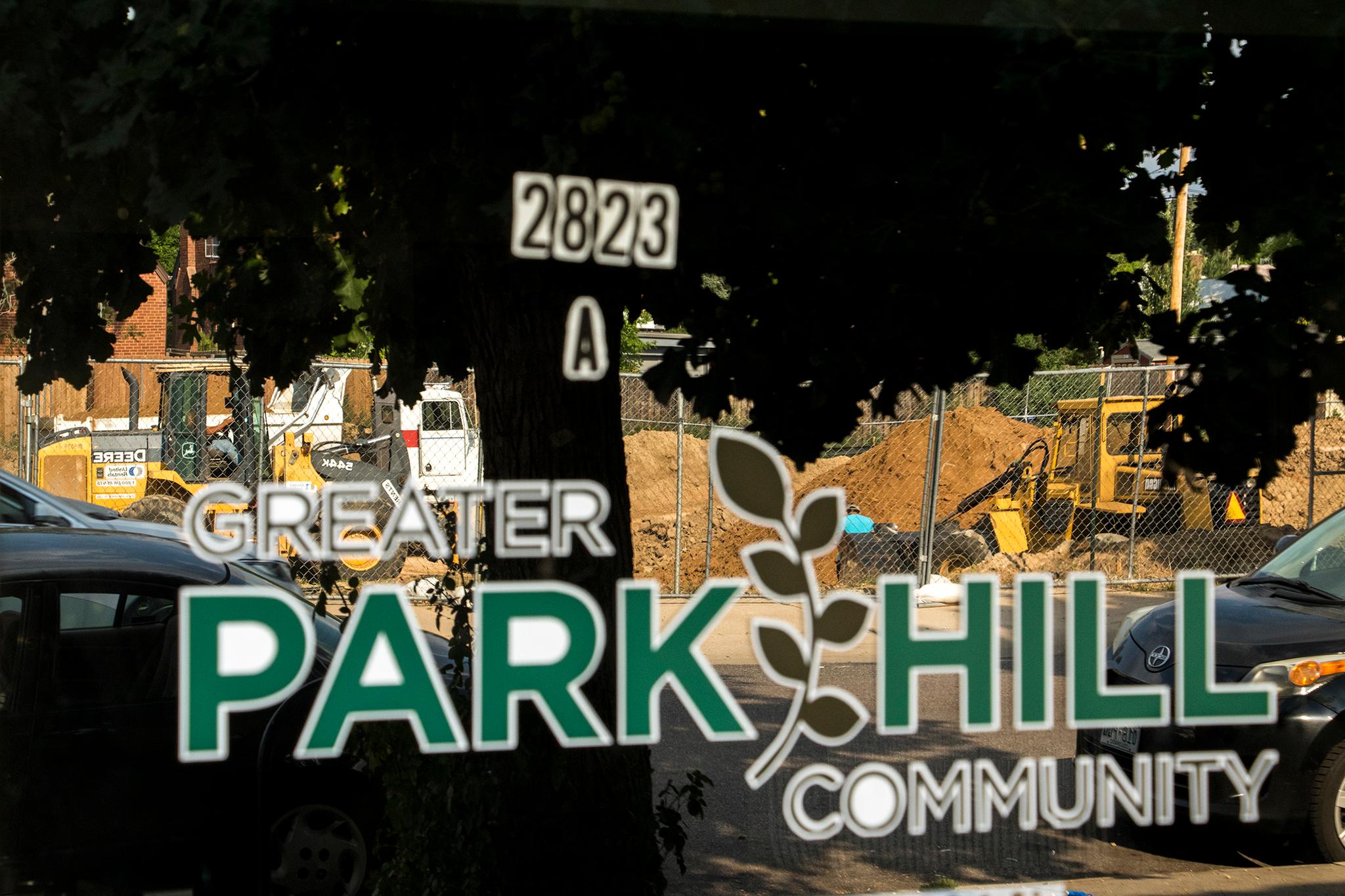The makeup of North Park Hill is changing rapidly and a proposed land swap between a large development company and the city’s Park and Recreation Department has brought tensions to a head.
Back in 2015, the city purchased .36 acres of land near the corner of 29th and Fairfax from Xcel Energy for $50,000. The deputy executive director of Denver Parks and Recreation, Scott Gilmore, thought this might be the perfect opportunity for this neighborhood to get a pocket park after a trip to Los Angeles inspired him. Apparently, quality pocket parks are in abundance there.
Across the street, the east side of that Fairfax block between 29th and 28th streets was purchased by HM Capital, which has intentions of turning the area into a mixed-use development that will have micro-units, townhomes, office space and commercial retail areas. The developer approached city officials and proposed a land swap that would exchange the city’s parcel of land on the west side of Fairfax with an equally sized parcel on the east side of the block, alongside his upcoming development.
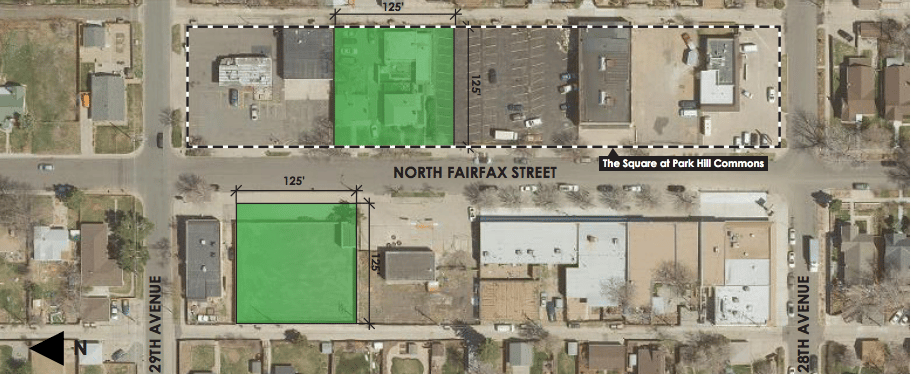
In exchange for the land swap, the developer promised a “donation” to the city of $650,000 to help complete the construction of the park, which the city did not already have funding for. The development company’s president, Ben Maxwell, said his intention is to see the park be completed promptly and that his donation would help the city move along in the process. He also sees this as an opportunity to improve his mixed-use development, as the park adds another amenity and may even increase foot traffic for future businesses.
Council-members Rafael Espinoza and Albus Brooks raised concerns about the community outreach that took place during this process as many residents felt that the decisions were made behind closed doors, without the input of the neighbors. Brooks, who regularly gets a cut at the barbershop across the street, noted that much of the anxiety and pushback around the park might have much more to do with the impending development than it does with the park.
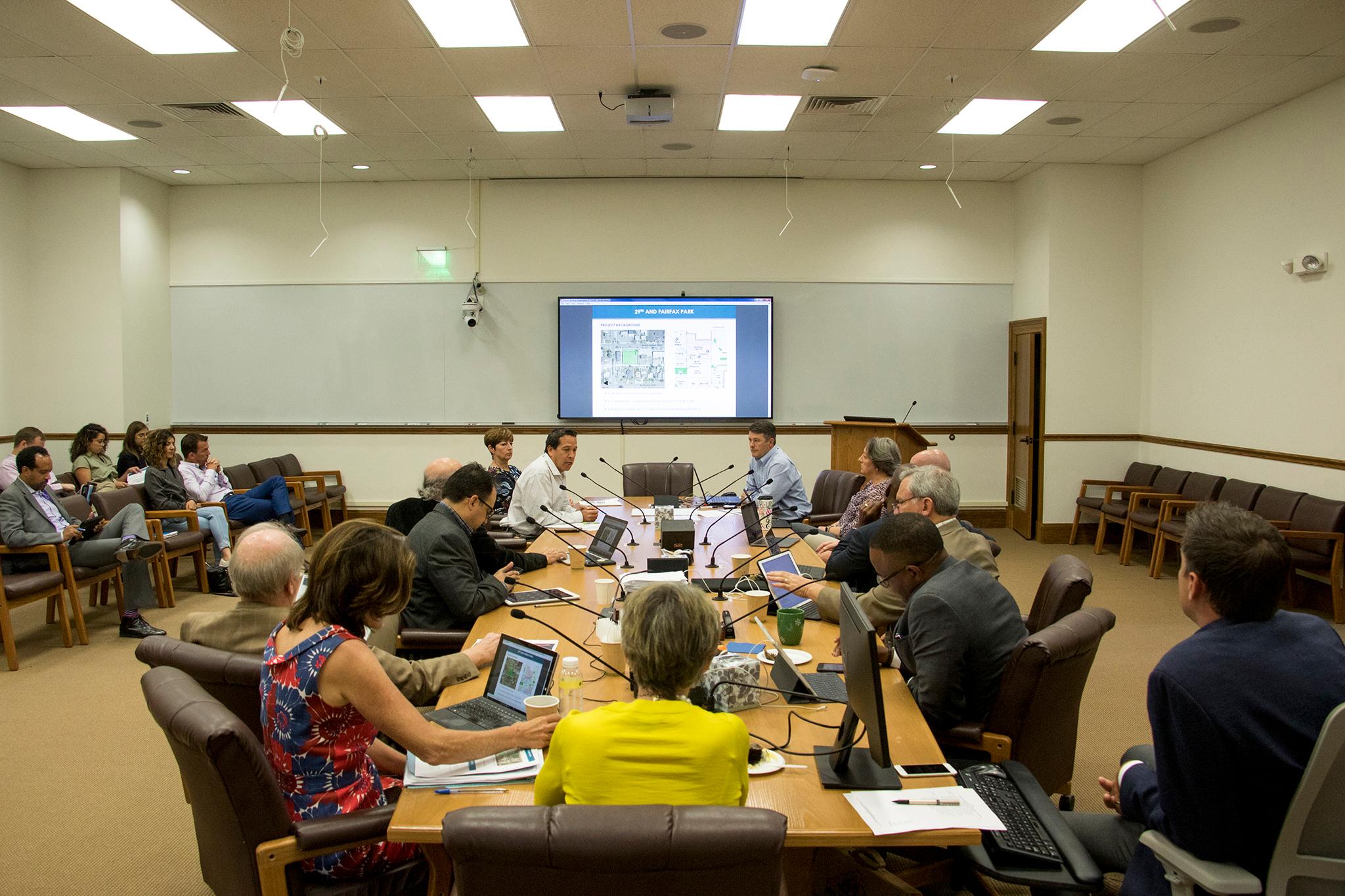
Community members have also raised concerns about the swap, mainly noting a lack of communication from the city about their plans and a potential lack of inclusivity for current residents.
“If we can at least keep the park on the west side, we would at least have a neighborhood park,” said Nancy Francis, a longtime Denver resident. “It's not so much that the east side vs. the west side thing. The city had a parcel on the west side. Keep it there. Don't hand it over to the developer.”
She's concerned that the developer is getting away with making a minimal contribution to the neighborhood while getting everything he wants. A self-described “little-old white lady” who has lived in the formerly predominantly African-American neighborhood for many years, she's also concerned that the swap would stoke the already high socioeconomic and racial tensions.
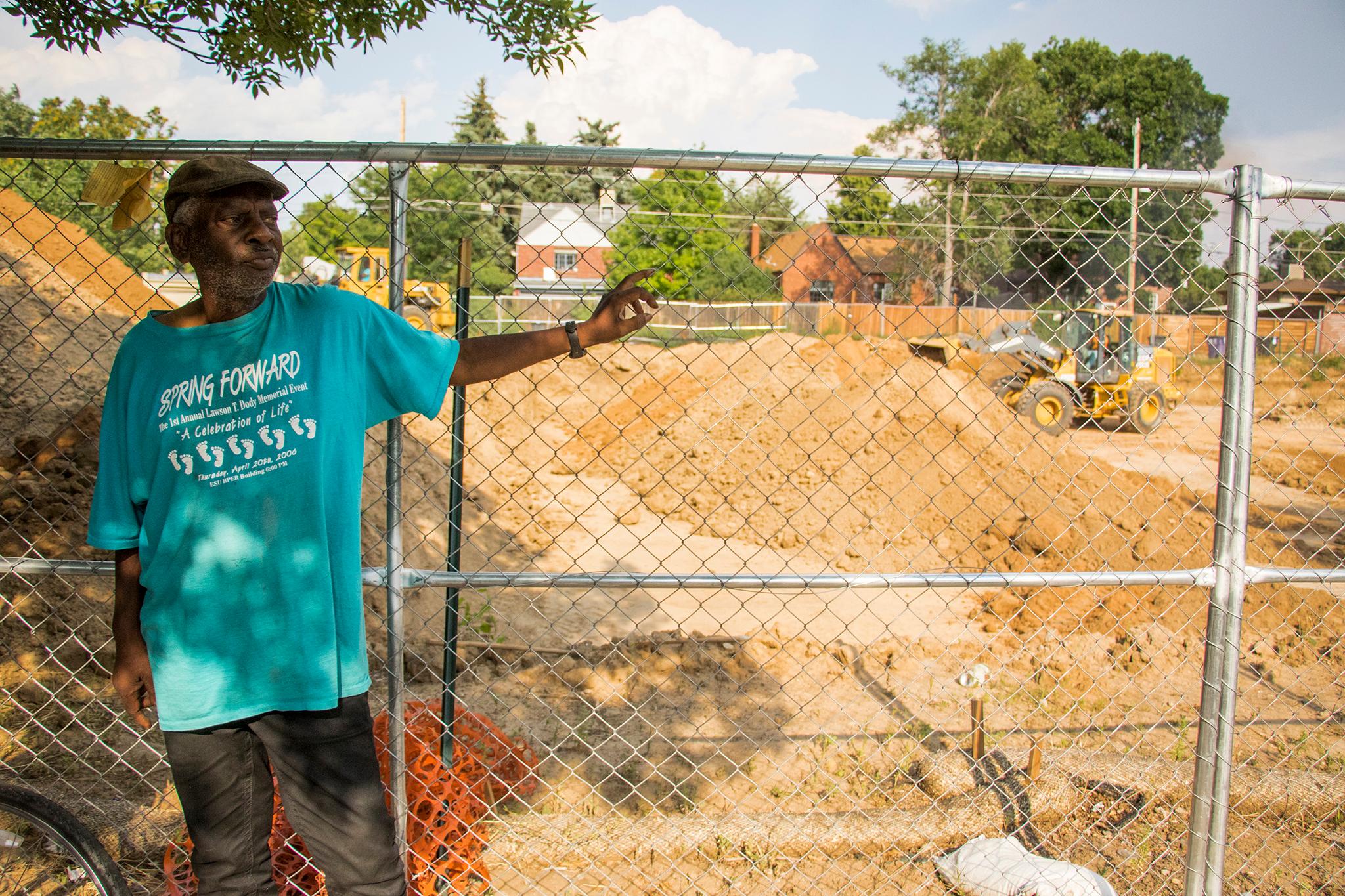
“It is a gentrification thing, and the really sad thing in my view is we have these city officials that just let it happen. They just think about the developers,” said Francis. “They didn't like seeing a bunch of black faces on the block, and they complained about it. Now they got it overrun with white folks.”
